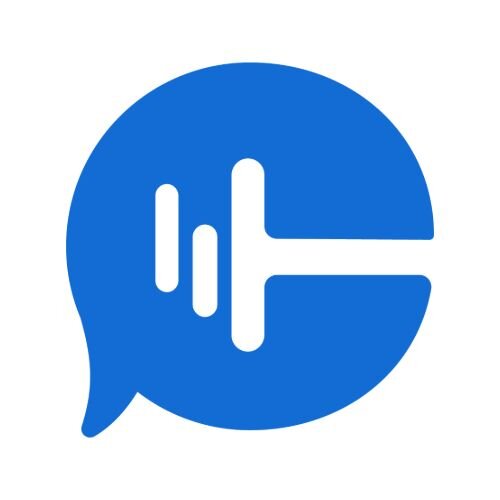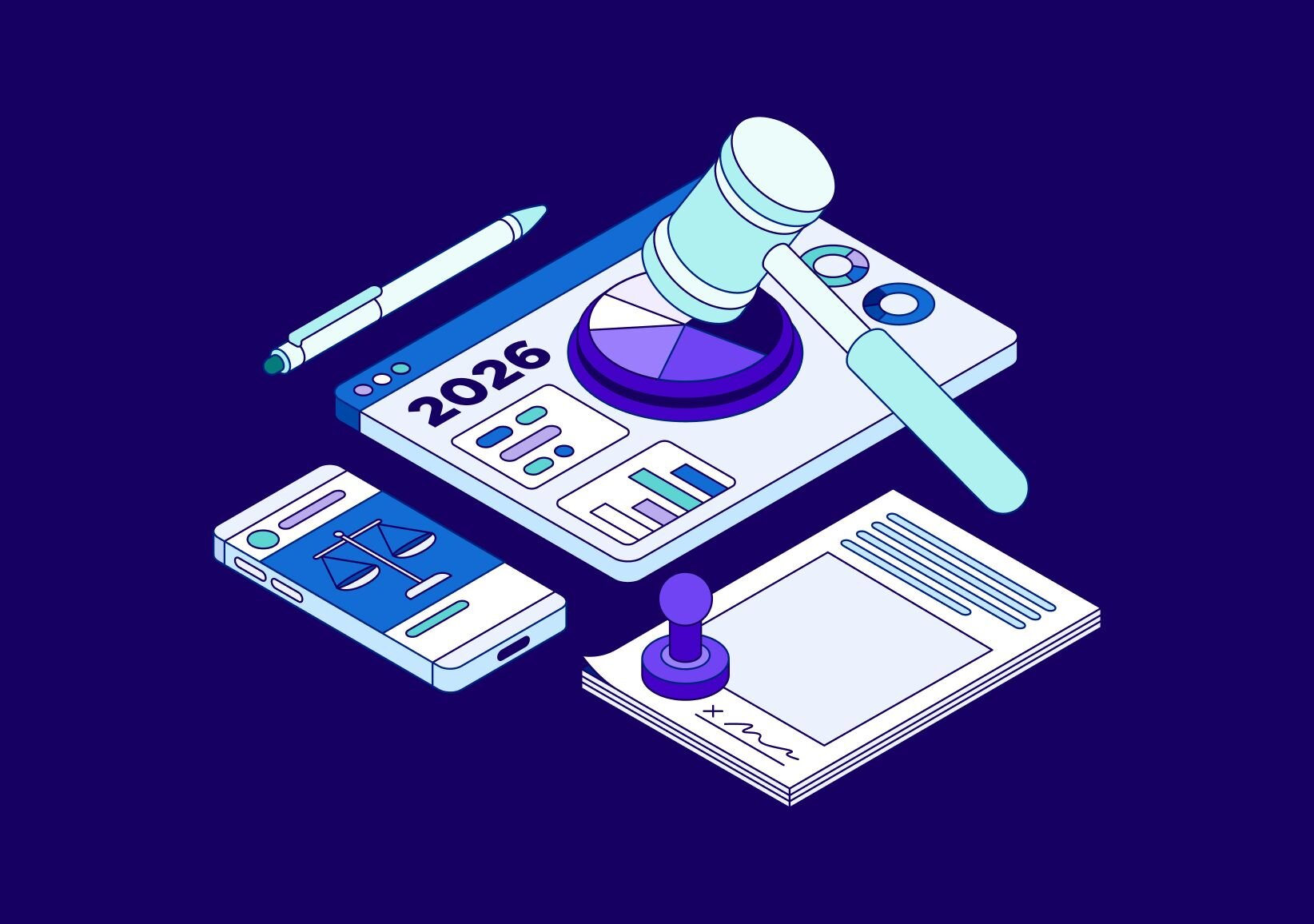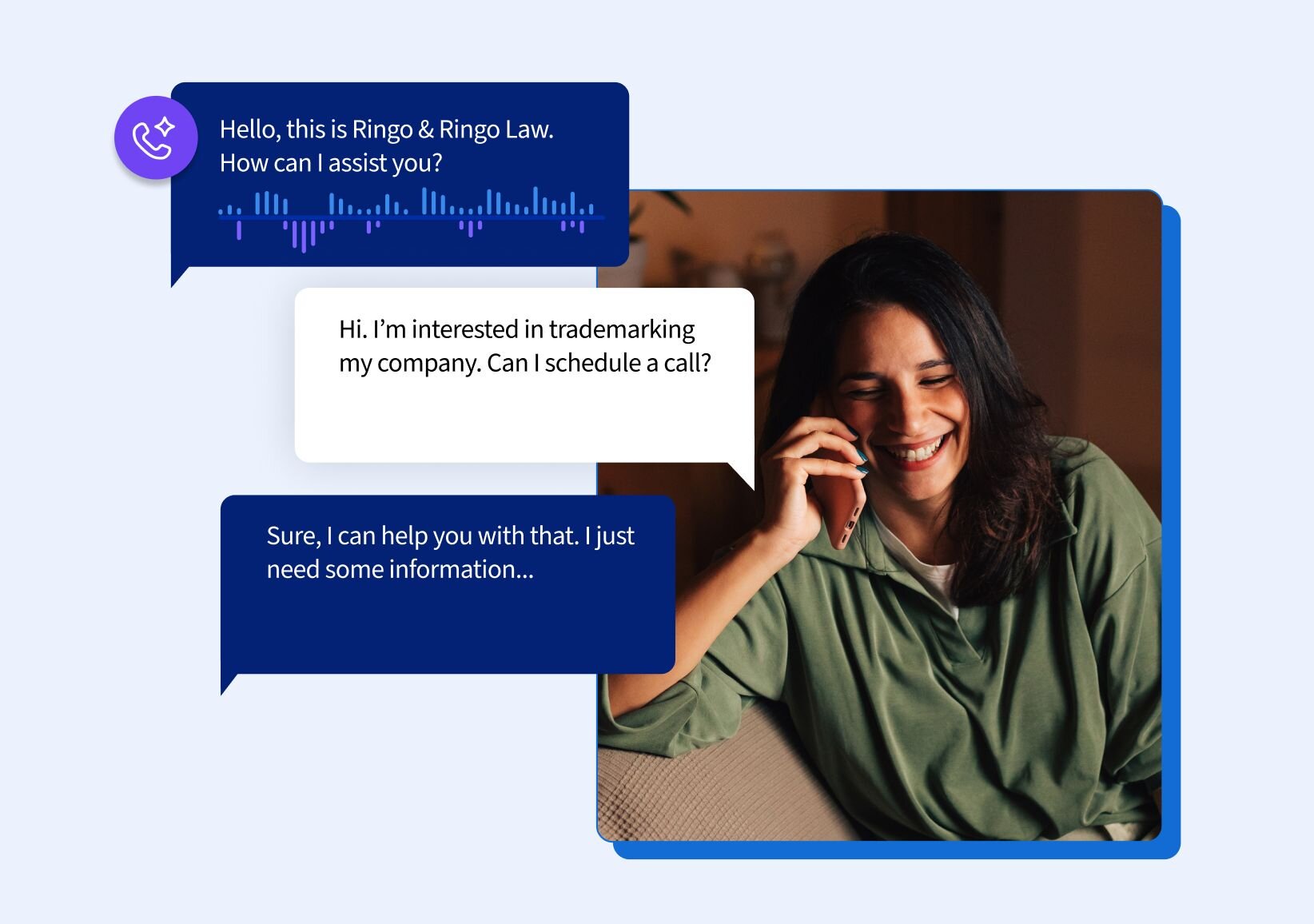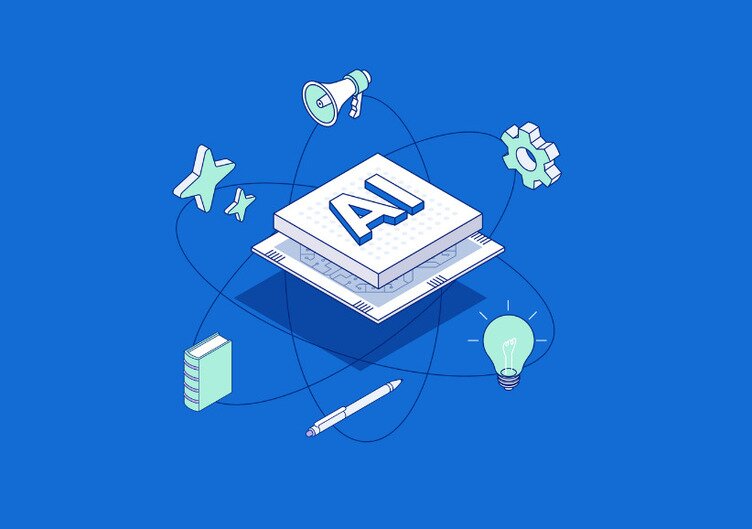Instead of just telling your new customer service representatives how to do their jobs well, show them.
By incorporating pre-recorded customer service calls into your sales call training, you can provide them with clear and concise examples of “what” and “what not” to do, allowing for more knowledge retention through efficient hands-on application.
Pairing new call-center employees with experienced customer service representatives is a great method for introducing the new-hire to their job without throwing them in the deep end, where they may encounter an irate customer on their first day. They will also have the opportunity to learn valuable skills from a mentor who shows them, rather than merely tells them, how to do their job well.
However, the call center mentor has little control over the types of calls that come in during a training session and some important lessons may be missed simply because there were no prime opportunities to teach them.
This is where pre-recorded customer service calls become valuable. Pre-recorded calls can serve as an excellent base for training your new customer service reps, and the call center manager can be assured that their new representative will be exposed to each of their most common “trouble calls”.
The types of calls that newly-hired employees find difficult will vary between call centers, types of businesses and geographic areas. Each call center should have their own pre-recorded phone calls for customer service training. While a one-size-fits-all approach to this is not recommended, “real” calls will still serve you and your reps better than scripted ones when it comes to training highly efficient and effective employees – ones that are able to do their job well while still making the customer feel recognized and satisfied.
The video below may serve as an example of one common issue related to listening skills, and how these skills can be developed by customer service representatives:
Sales Call Training Tips
- Ask your experienced customer service team members to list their top five types of problem calls.
- Record all calls and ask the experienced customer service to flag a call when it matches one of the top five problem calls. This also has the benefit of motivating the rep to be exceptional when handling these types of calls, as they’ll be reviewed by a manager.
- Once enough calls have been flagged, review them and choose the best examples as the ones you’ll use to train.
- Keep in mind that no call will be perfect, so even the best calls will reveal mistakes which can be used as opportunities for honing the skills of your most experienced service reps.
- Provide a comparison between a call in which the rep performed poorly in contrast to a call with an example of outstanding customer service for your new hire, and have them listen thoroughly.











